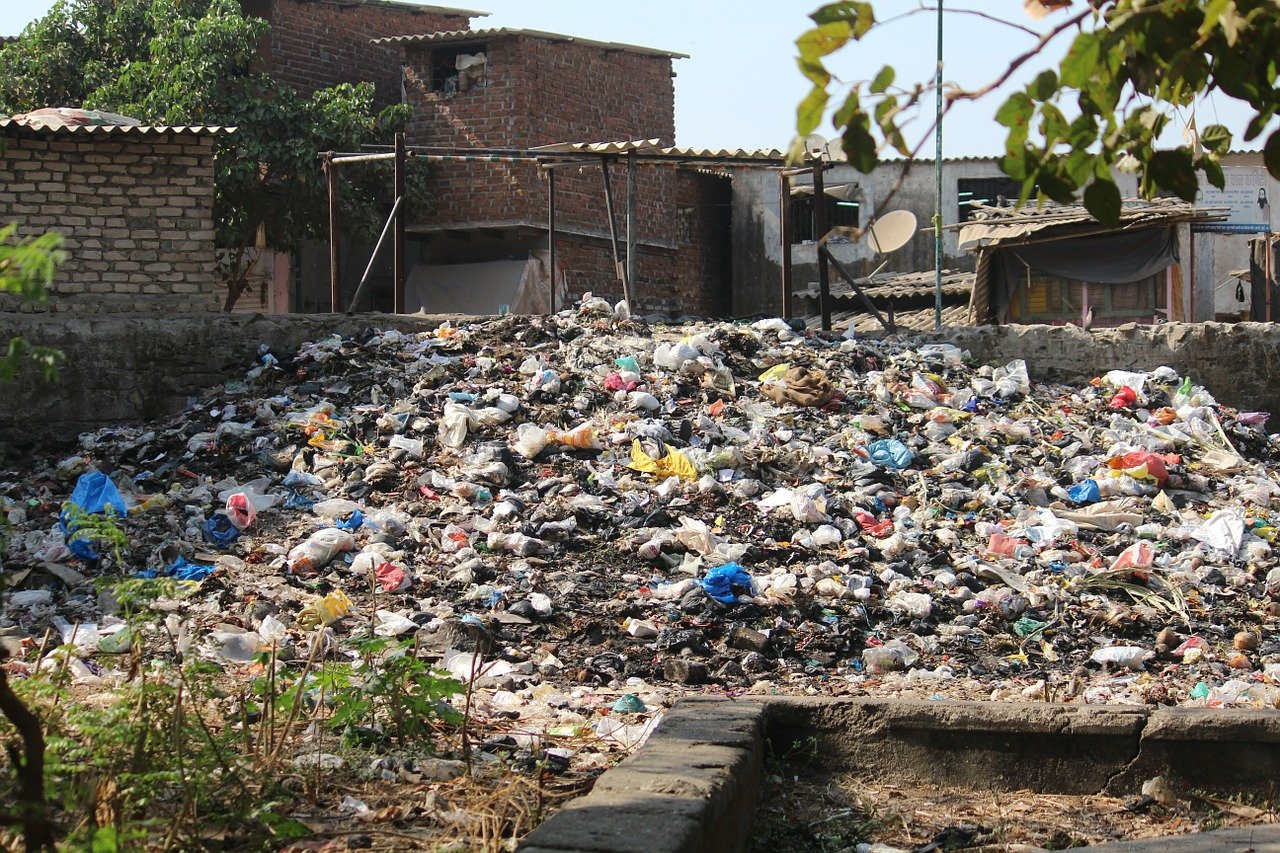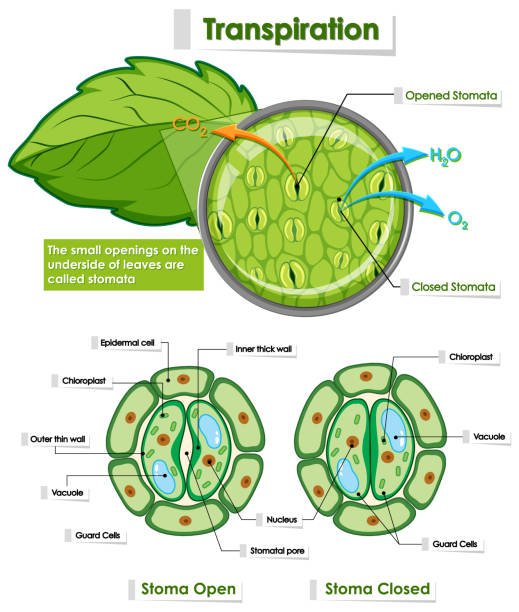On this page we define the national environmental management act and how illegal dumping is in violation of this act.
Define the National Environmental
The National Environmental Management Act 107 of 1998 intends:
- to provide for co-operative, environmental governance by establishing principles for decision-making on matters affecting the environment, institutions that will promote co-operative governance and procedures for co-ordinating environmental functions exercised by organs of stite; and
- to provide for matters connected therewith.
How Illegal Dumping is in Violation of the National Environment Act
Illegal dumping is the dumping of waste illegally instead of using an authorised method such as curbside collection or using an authorised rubbish dump. It is the illegal deposit of any waste onto land, including waste dumped or tipped on a site with no license to accept waste.
The dumping of waste material is currently regulated by 13 different pieces of legislation in South Africa, among them the Constitution of the Republic of South Africa, 1996; the National Health Act 61 of 2003; the Environment Conservation Act 73 of 1989; the Municipal Structures Act 117 of 1998, and the Municipal Systems Act 32 of 2000.
Under section 27 of the National Environmental Management: Waste Act 59 of 2008, “No person may (a) throw, drop, deposit, spill or in any other way discard any litter into or onto any public place, land, vacant erf, stream, watercourse, street or road, or on any place to which the general public has access, except in a container or a place specifically provided for that purpose”.
Effects of illegal dumping in South Africa (environmental, social and economic effects.)
Below are the main negative consequences of dumping waste in residential areas and how it affects the community:
- Social/Human health impacts:
- It is unsightly and can be smelly and dirty.
- Can promote the transmission of disease. E.g.Tyres and containers can provide perfect places for mosquitos to breed. Contaminated medical waste can spread diseases.
- Can physically harm people e.g. sharp objects can be picked up by kids which can then harm them or they may eat something that can get them sick.
- Environmental impacts:
- Litter can trap, suffocate, strangle and poison wildlife including domestic animals. E.g. Cows may die from eating plastics
- Contamination of soil and water
- Blockage of storm water drains thereby leading to floods.
- Cigarette butts could also start fires which may have an impact on the environment as well as humans.
- Economic impacts:
- It costs municipalities a lot of money to clean up illegal dumping areas and litter.
- Property prices can be lowered by litter and illegal dumping in the area.
- Tourism can also be affected as an area becomes unsightly and smelly, few tourists would visit the area.
Life Sciences Questions and Answers For Revision
Do a free online revision:
- A structure in the eye that absorbs light to prevent internal reflection
- The branch of the autonomic nervous system that restores an increased heart rate back to normal
- A small device that is inserted in the ear to drain fluids caused by a middle-ear infection
- The blood vessel that transports deoxygenated blood from the foetus towards the placenta
More Life Sciences Revision Questions can be found from MorningAnswers.com
Questions and Answers
My Courses has a large Questions and Answers repository for the most popular High School and Tertiary Schools subjects. This comes in handy when doing your revision or preparing for exams, tests, research tasks, and assignments.
Ask Us a Question and we will send you the Answer Guide
[super_form id=”33574″]
Sources
https://www.gov.za/documents/national-environmental-management-act
https://www.environment.gov.za/sites/default/files/docs/waste_management_facts.pdf
17 July 2020 Media Release: Illegal dumping remains a problem in the Garden Route, all over South Africa and many parts of the world
https://www.gov.za/sites/default/files/gcis_documents/poster_2009.pdf





